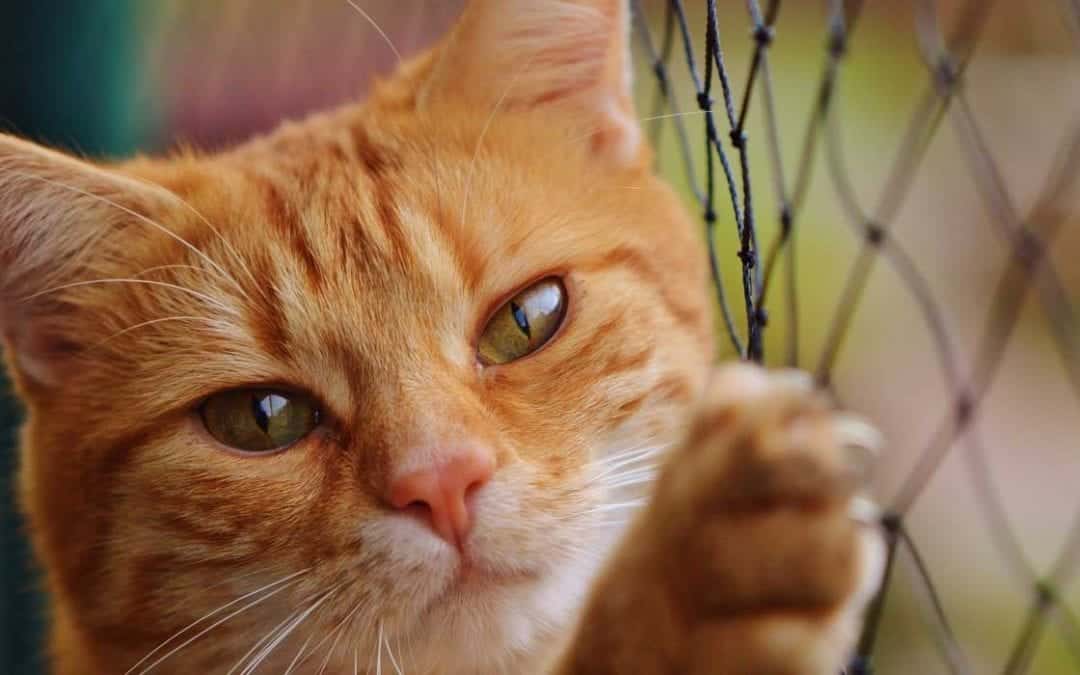Let’s be honest. All pet parents give their fur babies extra treats and meals for just being the good pets that they are.
But many fail to realize that giving them more than the recommended daily amount of pet food and treats can cause a huge impact on their overall nutrition.
Recently, veterinarians have highlighted the long-term effects of overnutrition, obesity and how pets are not fully benefitting much from popular diets, such as high-meat formulas.
There is a call for pet parents to be more vigilant in selecting the food that their fur babies are consuming; instead, they need to take heed in joining the bandwagon on what is supposedly appropriate for their pets to eat and look more deeply at how their pets’ diets are truly nourishing them.

Overnutrition and diets
For many, giving extra pet food and treats to their fur babies equates to the amount of love that they have for their pets. A few treats here and there or an extra meal a day doesn’t sound as harmful and yet many pet owners are unaware that the extra slab or kibble is actually doing more harm than good for their pets. And with the proliferation of diets that mimic their cousins in the wild, both dogs and cats end up consuming amounts of protein that they don’t actually need to sustain active, healthy lifestyles. Pet parents need to understand the dangers of too much protein in their pets’ diets, given protein’s nature as a high-caloric nutrient. When taken in large quantities for extended periods, too much protein may eventually lead to a host of unforeseen health issues for pets. Over the centuries, household pets’ diets have evolved their lifestyle and feeding habits alongside the humans they live with. Dogs, for example, have become omnivores whose balanced diet can now come from a nutrient-rich combination of meat and plant-based proteins.
Obesity woes
Many pet parents actually don’t know that their fur babies are overweight and the statistics are alarming. For the past eight consecutive years, obesity has been on the rise, with pets leading shorter lifespans compared to those with ideal body weights. But how heavy is heavy? Typically, dogs are overweight when their weight is > 15% above their ideal weight and are obese when their weight is > 30% of their breed’s ideal body weight. Meanwhile, most domestic cats weigh around 10 pounds, though weight can vary based on their breed and body frame. These in mind, pet parents need to watch out for the signs and symptoms of obesity, and act immediately if they observe these on their fur babies. Left uncheck, such symptoms may lead to long-terms effects of obesity.




Recent Comments